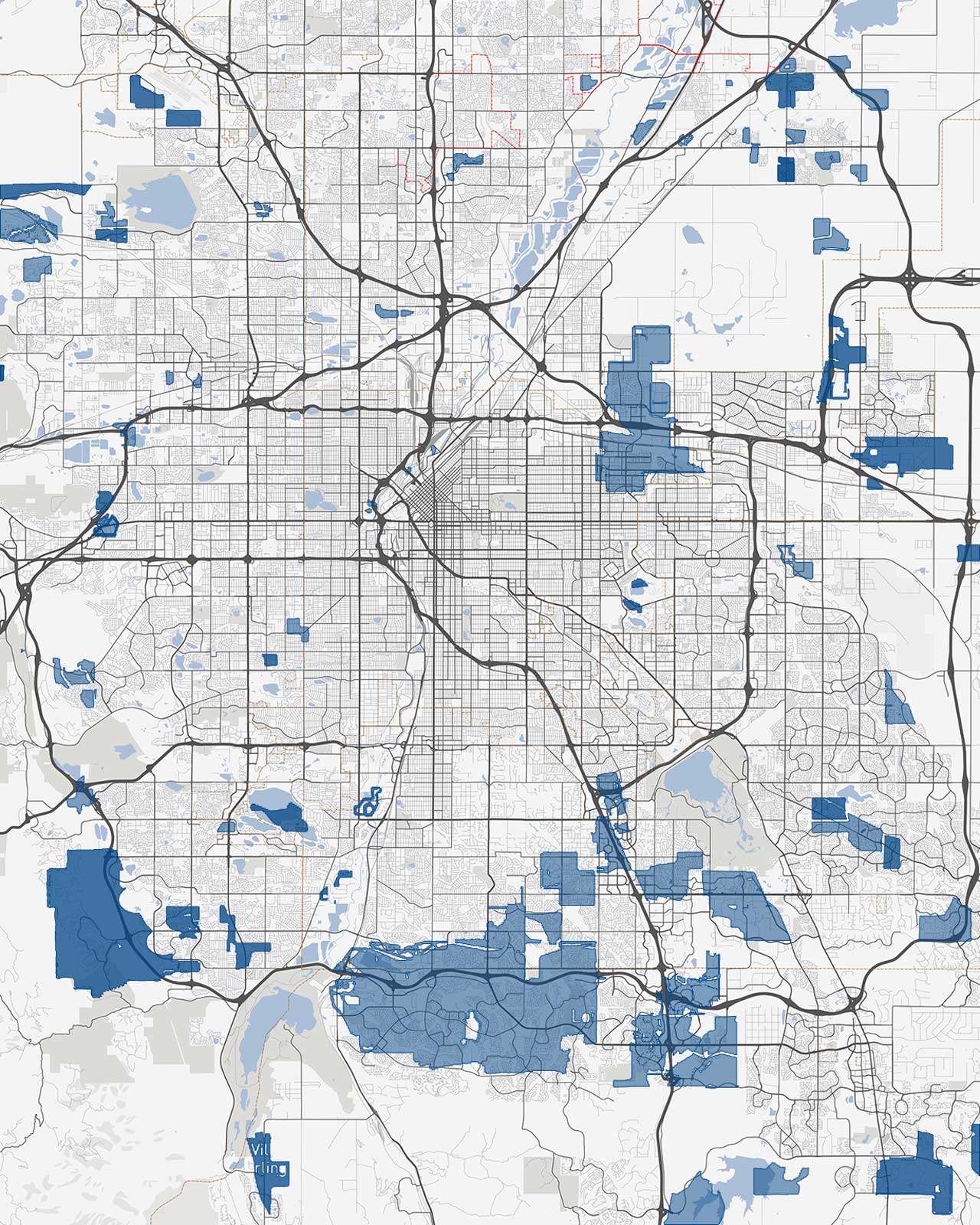LEARN MORE
CRS provides district management, Operations & Maintenance, Billing & Payments, Finance, and Elections services for special districts in Colorado.
Understanding Colorado’s Special Districts
Special districts are a vital part of Colorado’s local government system. They are created to provide specific public services—like water, fire protection, parks, or libraries—where municipalities or counties may not be able to. If you’ve ever turned on a tap, visited a local park, or relied on emergency services, chances are a special district helped make that possible.
What Is a Special District?
A special district is a form of local government authorized by Colorado law to deliver specialized services to a defined geographic area. These districts are governed by elected boards and operate independently from cities and counties. They are created through a formal process and must follow a service plan approved by local authorities.
Types of Special Districts and Authorities
Colorado recognizes a wide variety of special districts and related authorities. While many fall under Title 32 of the Colorado Revised Statutes (known as the Special District Act), others are governed by different statutes.
Title 32 Special Districts
These are the most common and include:
- Metropolitan Districts: Provide multiple services such as water, sewer, streets, parks, and fire protection.
- Water and Sanitation Districts: Focus on water supply and wastewater treatment.
- Fire Protection Districts: Deliver fire and emergency response services.
- Park and Recreation Districts: Maintain parks and recreational programs.
- Health Service Districts: Offer health-related services and facilities.
CRS also provides expertise in the following entities:
- Municipalities
- Library Districts
- Soil Conservation Districts
- Water Conservancy Districts
- Water Conservation Districts
- Urban Drainage and Flood Control
- District
- Cemetery Districts
- Downtown Development Authorities
- Municipal Energy Finance Authorities
- Business Improvement Districts
- Regional Transportation Authorities
Each entity has its own governance structure, powers, and responsibilities, but all share a commitment to serving their communities efficiently and transparently.
Common Legal and Operational Standards
Despite their differences, all special districts must follow certain statewide laws and practices:
Governance
- Each district is governed by a Board of Directors, elected by residents or property owners.
- Board members must meet eligibility requirements and take an oath of office.
- Boards are responsible for budgeting, setting fees and taxes, and overseeing services.
Transparency and Accountability
- Districts must comply with Colorado’s Open Meetings and Open Records laws.
- Metropolitan districts are required to maintain a public-facing website with key information, including budgets, meeting schedules, and contact details.
- Annual reports and financial audits are mandatory for most districts.
Financial Oversight
- Districts may levy property taxes, impose fees, and issue bonds to fund services.
- All financial activities are subject to TABOR (Taxpayer’s Bill of Rights), which limits taxes and spending without voter approval.
Public Participation
- Residents can vote in district elections, attend public meetings, and even run for board positions.
- Districts must provide opportunities for public comment, especially during budget hearings and annual meetings.
Why Special Districts Matter
Special districts fill critical gaps in public service delivery. They are tailored to meet the unique needs of their communities and often provide services more efficiently than larger government entities. Whether you’re a resident, property owner, or simply curious, understanding how these districts work empowers you to engage with and benefit from your local government.
District Management
Specialized Services for Water & Sanitation, Fire Protection, Metropolitan Districts, and Other Local Governments
As a trusted partner to Colorado’s special districts and other local government entities, our company offers comprehensive district management services tailored to the unique operational and compliance needs of each organization.
Whether you’re a water and sanitation district, fire protection district, metropolitan district, or another form of local government—such as library districts, park and recreation districts, or health service districts—we understand the statutory responsibilities outlined in the SDA Board Member Manual. We are here to help Boards and clients meet those obligations with confidence, clarity, and efficiency.

